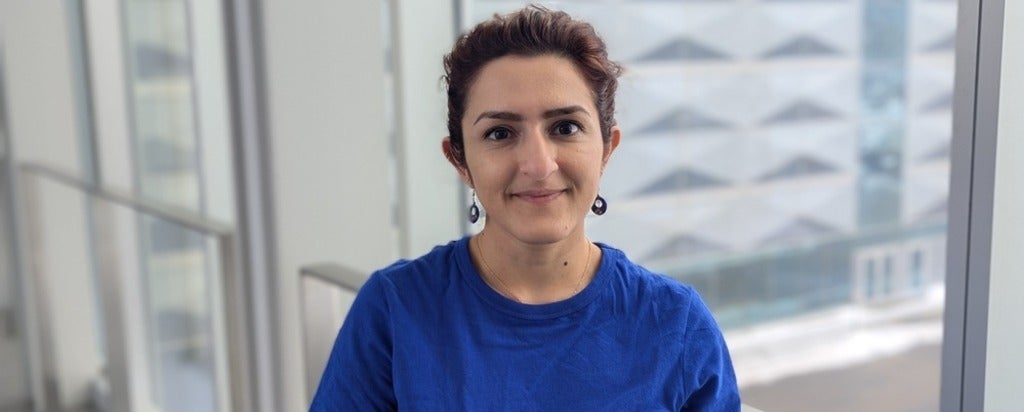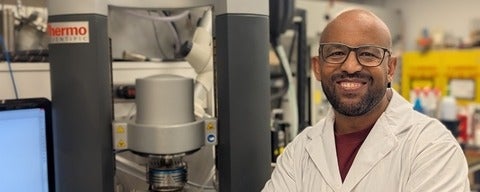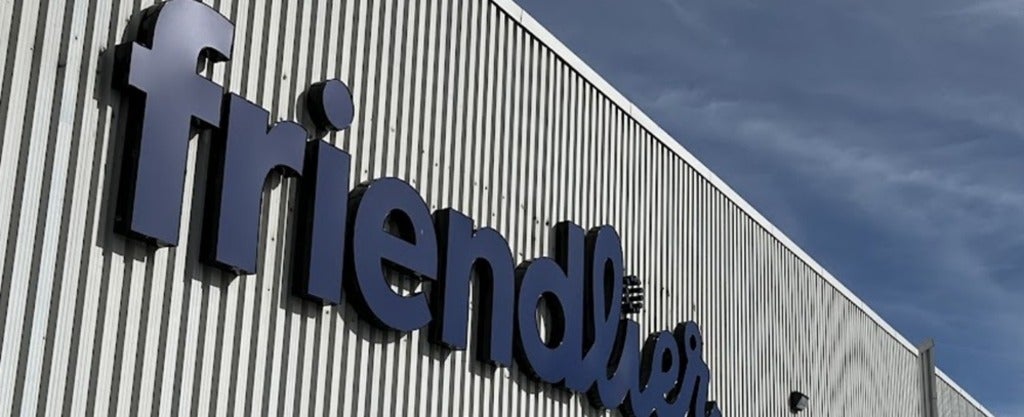Pendar Mahmoudi wins two teaching excellence awards
The Department of Chemical Engineering is proud to announce that Professor Pendar Mahmoudi is the 2025 recipient of the Faculty Teaching Excellence Award and the Boyce Family Teaching Award.
"I feel truly honoured and humbled to win these awards. Getting rewarded for a job I enjoy is a blessing. I am extremely thankful for the support of my colleagues in the department, who will happily listen to new ideas or issues and offer assistance or advice," says Mahmoudi.
The Faculty Teaching Excellence Award is adjudicated by program chairs and directors, whereas the Boyce Family Teaching Award is a student-driven award.
Although judged by very different groups, they both reached the same conclusion that Mahmoudi’s teaching methods successfully incorporate experiential learning, innovative teaching and commitment to student connection and success.
Mahmoudi began teaching in 2018 after finishing her PhD at the University of Waterloo. It was during her graduate studies that she discovered her passion for teaching.









